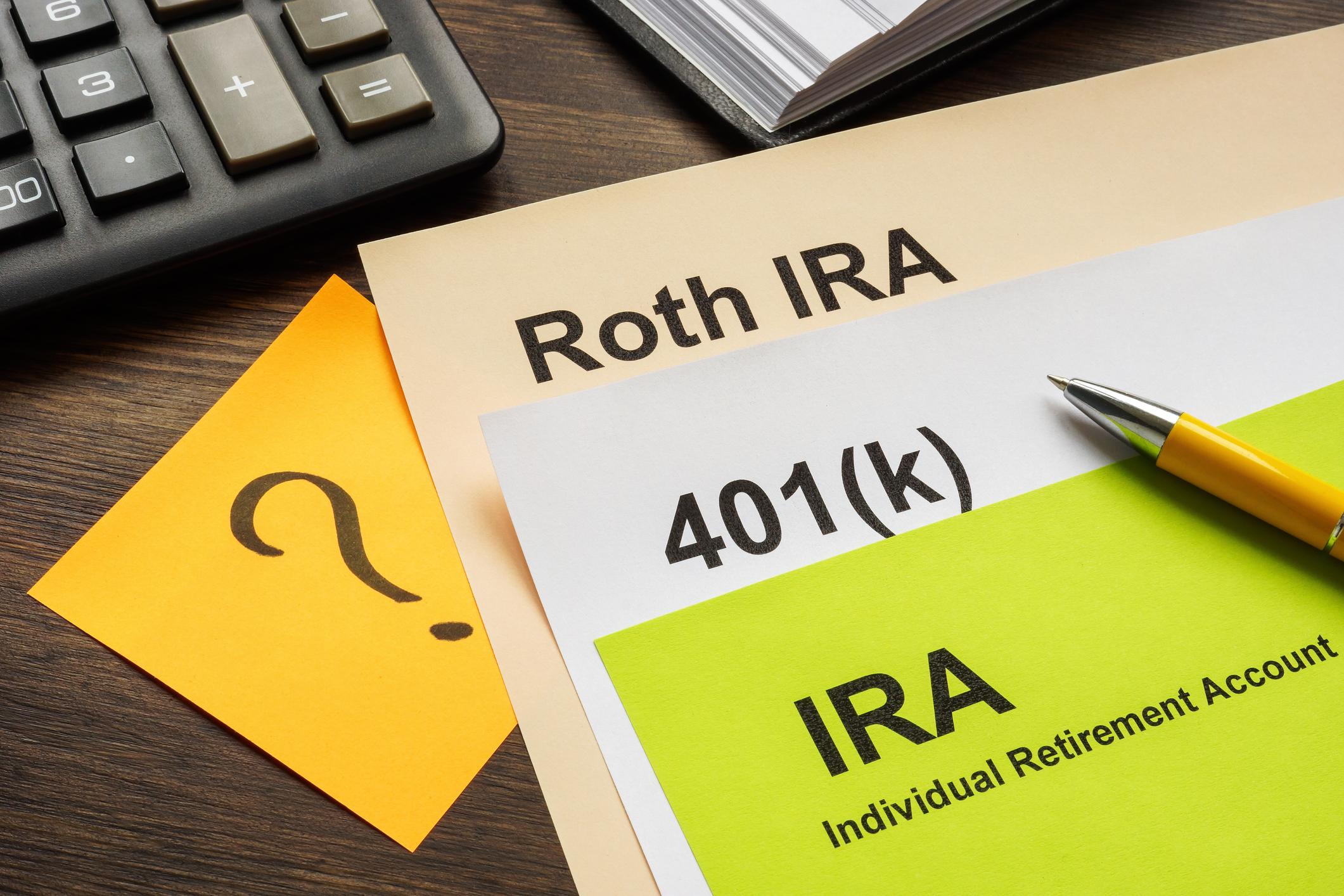IRAs and 401K retirement plans form a large part of many clients’ estates. Special attention must be given to naming the beneficiaries of such plans in a will or trust, so that tax advantages may be achieved. A recent case highlighted the fact that an IRA designated to pass to a revocable trust may be subject to spousal claims while the IRA designated to pass to a sub-trust for a specific beneficiary may not.
In September 2003, Thomas Reich created a revocable trust. The trust stated that his daughter Shannon Reich, or, if she died before Thomas, Thomas’s granddaughter Leah Tesi, were to receive any residue of the trust’s assets in “separate trusts” created by Thomas’s trust for Shannon’s and Leah’s benefits. In November 2016, Thomas designated Shannon’s and Leah’s separate trusts as equal beneficiaries of his IRA. Thomas married Pamela Reich on November 20, 2020, and died on July 2, 2021. Thomas did not update his trust during his marriage to Pamela.
In November 2021, Pamela petitioned for an omitted spouse’s share of Thomas’s estate. She also argued that the proceeds of Thomas’s IRA were part of the estate from which she would receive her share because the proceeds had to be marshal[led]” through the trust before they could pass to Shannon’s and Leah’s trusts. Shannon demurred to Pamela’s petition, arguing that the IRA proceeds pass directly to the separate trusts and therefore did not pass through Thomas’s trust, meaning that the IRA fell outside of Thomas’s estate for purposes of calculating the omitted spouse’s share. The trial court overruled the demurrer. Pamela and the trust’s beneficiaries reached a partial settlement in August 2022. The IRA proceeds were explicitly excluded from the settlement, and Pamela filed identical petitions against Shannon’s and Leah’s trusts regarding her entitlement to a share of the IRA proceeds. The trial court dismissed Pamela’s petition, holding that the IRA was non-probate asset and therefore not an asset of the estate subject to the omitted spouse’s share. Pamela appealed.
Under California law, an omitted spouse is entitled to one-half of the decedent’s community and quasi-community property and a share of the decedent’s separate property equal in value to what the omitted spouse would have received had the decedent died intestate. An omitted spouse’s share is only drawn from the decedent’s estate, which includes the decedent’s probate estate, and all property held in or passing through any revocable trust that becomes irrevocable on the death of the decedent. An omitted spouse’s share is not drawn from property that passes outside of probate or property that does not pass through a revocable trust. IRA proceeds are not part of a decedent’s probate estate, and in this case Thomas’s IRA never became part of his trust. The appellate court affirmed the trial court’s ruling.
To read the opinion, click here.
